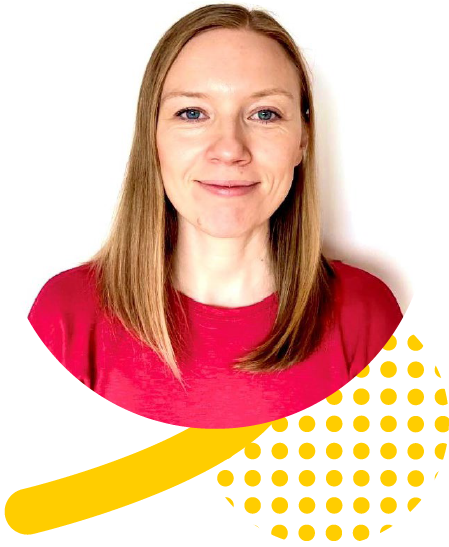Systemic Discrimination and Sustainable Solidarity
Abstract

People have acted in solidarity in various ways throughout history, in various contexts, individually or in organised settings, with support from their governments or against their governments, fuelled by humanistic values, religious beliefs, political beliefs or even self-interest. What we expect to achieve when we act in solidarity depends not only on how we define solidarity, but also on how we define who is (or should be) solidary and towards whom they are (or should be) solidary. In other words, it depends on how a specific society views otherness, vulnerability, equality and / or resilience. Beliefs such as racism, religious intolerance, sexism, ableism, and heteronormativity, spread ideas that certain people are superior to others, that there is only one right way of existing in this world.
People who hold these beliefs use categorisations to maintain a hierarchy of groups and to justify human rights violations. While human rights-based legislation is the cornerstone of a democratic society, legislation alone cannot ensure equality of opportunity. Certainly not if it remains only on paper and does not transfer into practice. Therefore, a more nuanced understanding of solidarity is needed in the 21st century to address systemic discrimination and to turn the concept of equal opportunity from a statement in legislation, into a reality lived by everyone. This includes initiatives that challenge the status quo, initiatives that aim to redress historical injustices or initiatives that shed light onto practices and beliefs that privilege (consciously or unconsciously) people belonging to a certain group.




Oana Nestian-Sandu is a trainer and researcher with a vast experience developing educational programs for teachers, young people and civil society in Europe, the United States and MENA region. She works in the non-governmental sector and consults for the Council of Europe and the United Nations on topics such as intercultural education, human rights education, Holocaust education and peacebuilding. She is Program Director at the Intercultural Institute Timisoara, Romania and International Program Director at The Olga Lengyel Institute, New York. She has a Ph.D. in Social Psychology.
Don’t miss our other articles!
Find out more about solidarity and youth work, solidarity and peace in a global context, solidarity in local and international volunteering activities and research of solidarity activities!
